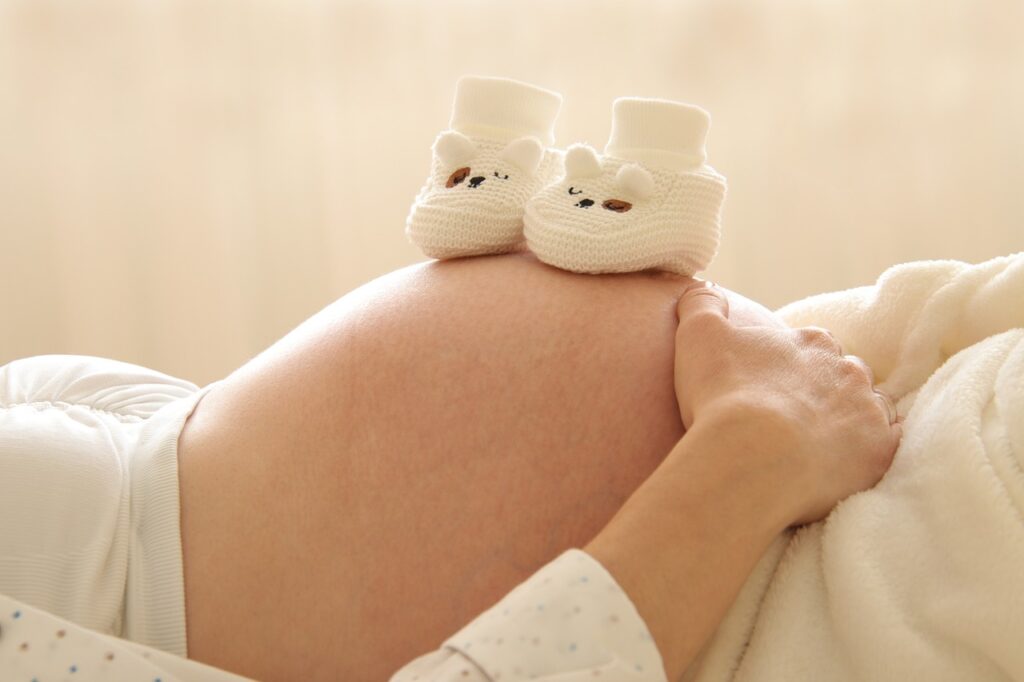Infertility, defined as the inability to conceive after a year of regular, unprotected intercourse, is a distressing problem that affects millions of couples around the world. While modern medical interventions such as assisted reproductive technologies (ART) provide solutions, complementary and alternative approaches such as Ayurveda are gaining popularity. Ayurveda, an ancient Indian holistic healing system, emphasises the importance of maintaining a healthy body, mind, and spirit. This article delves into Ayurvedic infertility management, discussing its principles, therapies, and lifestyle recommendations.
Understanding Ayurvedic Infertility Treatment
Infertility, according to Ayurveda, is caused by imbalances in the doshas (Vata, Pitta, Kapha), dhatus (tissues), agni (digestive fire), and malas (waste products). It believes that infertility is primarily caused by an increase in Vata dosha, which disrupts the reproductive system’s harmony. Subfertility is referred to as ‘Vandhya’ in Ayurveda, while infertility is referred to as ‘Vandhyatva.’
Ayurvedic Management Principles
Dosha Balance: It is critical to restore dosha balance. Treatments aim to calm agitated Vata while also enhancing the nourishing aspects of the Kapha and Pitta doshas.
Agni Correction: An imbalance in Agni affects digestion and metabolism, causing toxins (ama) to accumulate. Digestive health is critical for reproductive health.
Shukra Dhatu Enhancement: The reproductive tissue, Shukra Dhatu, plays an important role. Ayurvedic therapies seek to improve both the quality and quantity of life.
Panchakarma, a detoxification procedure, eliminates ama and revitalises the body. Virechana (purgation) and Basti (enema) are two of the therapies included.
Emotional and mental factors have a significant impact on fertility. Ayurveda emphasises the importance of mental and emotional balance through yoga and meditation. Yoga and meditation can help reduce stress, promote relaxation, and support overall well-being, all of which can help with fertility.
Here are some Ayurvedic herbs and approaches that are commonly used to treat male and female fertility issues:
Females should include:
Shatavari (Asparagus racemosus): This herb is frequently used to help women’s reproductive health. It is thought to regulate menstrual cycles, balance hormones, and nourish the reproductive system.
Ashwagandha (Withania somnifera): Ashwagandha is well-known for its adaptogenic properties, which can aid in stress management and hormone balance. It may be beneficial for women experiencing stress-related infertility.
Gokshura (Tribulus terrestris): Gokshura is thought to help with ovarian function and hormonal imbalances. It is frequently used to treat menstrual irregularities.
Lodhra (Symplocos racemosa): This herb has traditionally been used to support overall female reproductive health and to maintain a healthy uterus.
Dashmoola: Dashmoola is a ten-root mixture used in Ayurvedic medicine to balance the body’s energy, promote circulation, and support the reproductive system.
Males should include:
Ashwagandha (Withania somnifera): Ashwagandha is well-known for its ability to support male reproductive health by balancing hormones, improving sperm quality, and boosting overall vitality.
Shilajit is a mineral-rich substance thought to improve male reproductive health by increasing sperm count, motility, and overall sexual function.
Gokshura (Tribulus terrestris) is also used to promote male fertility. It is thought to improve sperm production, sperm quality, and prostate health.
Vidarikanda (Pueraria tuberosa): This herb is frequently used to support male reproductive health by promoting sperm production and sexual function.
Ayurveda emphasises the importance of a balanced diet and a healthy lifestyle for overall well-being. Adequate sleep, a balanced diet, regular exercise, and stress management can all help male fertility.
Ayurvedic Fertility Treatments
Abhyanga: This therapeutic oil massage promotes relaxation and improves blood circulation.
Swedana: Herbal steam therapy removes toxins, improves blood circulation, and relaxes muscles.
Uttar Basti: Medicated oil enemas nourish the reproductive organs while also balancing Vata in the pelvic area.
Yoni Pichu: Applying herbal oils to the vaginal canal improves the cervical environment and the uterine lining.
Shirodhara is a technique in which a stream of warm oil is poured onto the forehead, calming the mind and regulating hormonal function.
Fertility-boosting foods include whole grains, organic dairy, fresh fruits and vegetables, and nuts. Digestion is aided by spices such as turmeric, cumin, and coriander.
Lifestyle Recommendations
Following a consistent daily routine (dinacharya) promotes harmony with the rhythms of nature.
Balanced Exercise: Gentle exercises such as yoga and walking promote overall well-being.
To maintain hormonal balance, prioritise adequate, regular sleep.
Emotional Wellness:
Meditation, pranayama, and mindfulness practises improve emotional health.
Toxins Should Be Avoided:
Limit your exposure to environmental toxins, chemicals, and processed foods.
Positive Mindset:
Cultivate positivity and optimism to foster a fertile environment.
Conclusion
Ayurveda takes a holistic approach to treating infertility by addressing physical, mental, and emotional factors. Its emphasis on individualised treatments, dosha balance, and lifestyle changes makes it a promising complementary option for couples attempting to overcome infertility.
Remember that Ayurvedic treatments are tailored to each individual’s unique constitution (dosha) and specific imbalances. It is critical to consult a qualified Ayurvedic practitioner to determine the best herbs and treatments for your specific situation. Furthermore, while Ayurveda can be beneficial as a complementary approach, it’s critical to collaborate with a medical doctor, especially if you’re seeking treatment for infertility.

